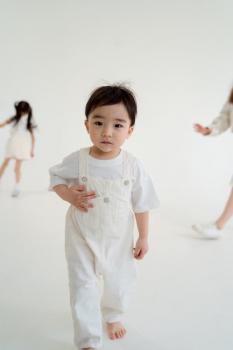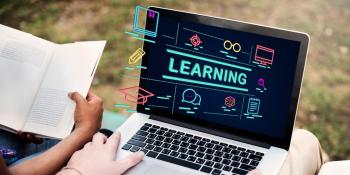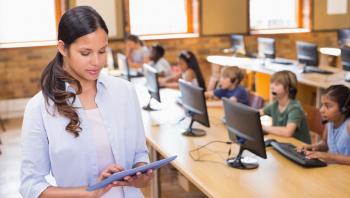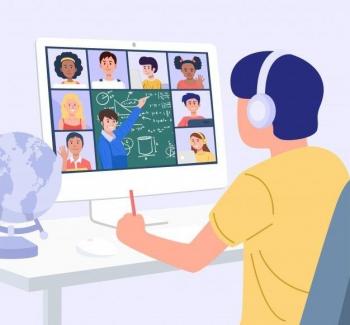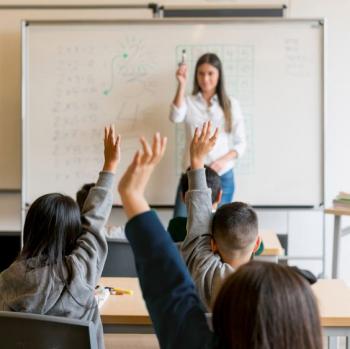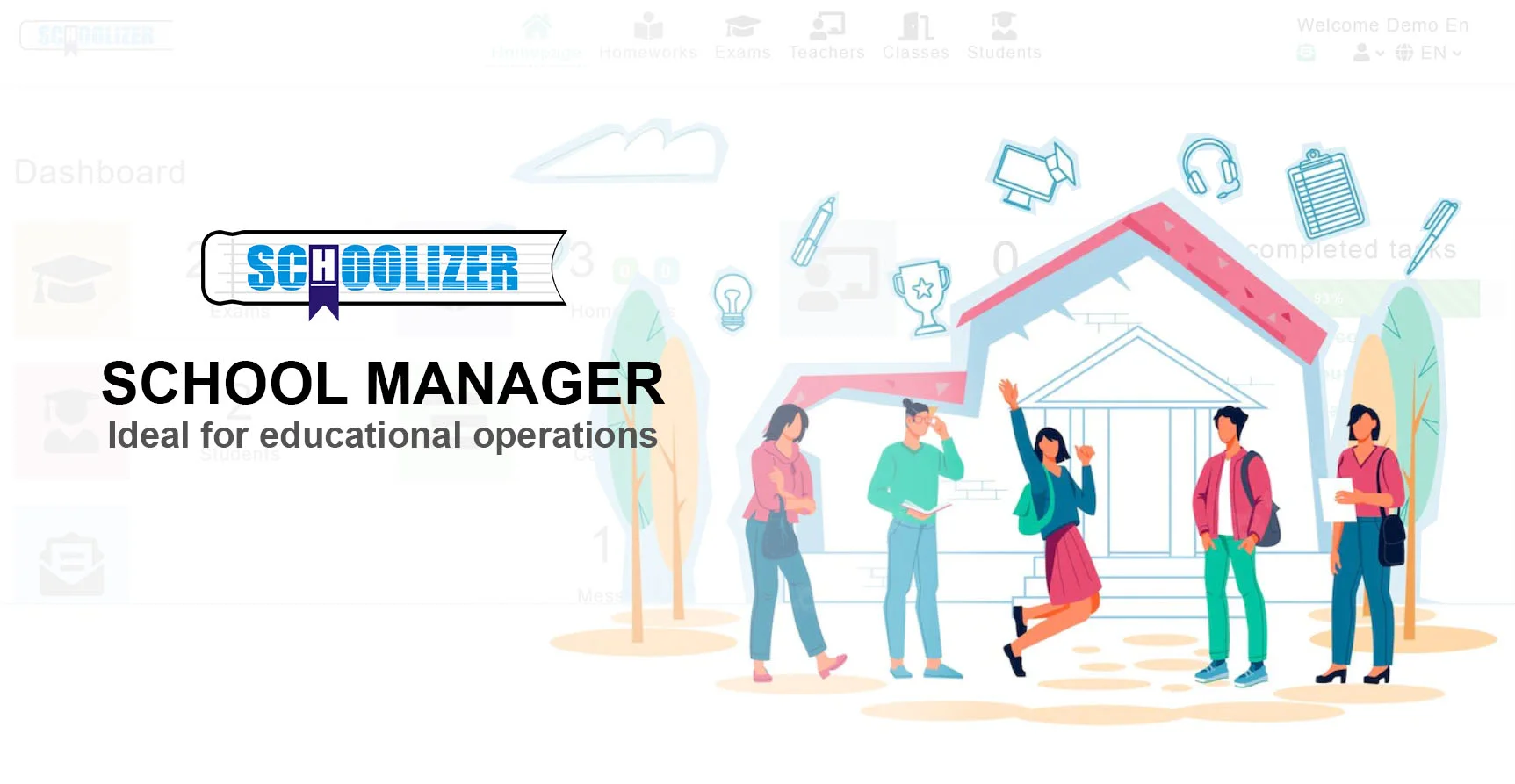Why Education Isn't Just About Thinking: The Deeper Purpose of Learning
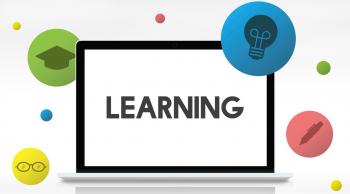
Why Education Isn't Just About Thinking: The Deeper Purpose of Learning
What if we've been approaching education all wrong? Why do schools emphasize critical thinking when real-world success often depends on other factors? How can we shift our perspective to create more meaningful learning experiences? This article explores why education must move beyond just "thinking" to cultivate holistic growth.
The Limitations of Critical Thinking in Education
For decades, educators have championed critical thinking as the ultimate goal of schooling. While analyzing information and forming reasoned arguments are valuable skills, they represent only one dimension of human development. Real-world problems often require emotional intelligence, creativity, collaboration, and practical application—qualities that standardized thinking exercises alone cannot foster.
Consider how medical students might ace theoretical exams yet struggle with bedside manner. Or how brilliant engineers may design innovative products but fail to communicate their value effectively. These examples reveal the gaps created by an overemphasis on cognitive skills at the expense of other capabilities.
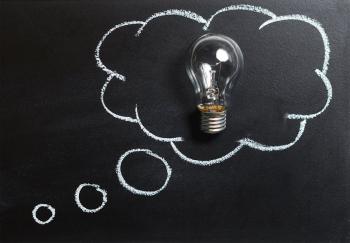
The Missing Pieces: What Schools Often Overlook
Emotional and Social Intelligence
Success in life and work depends heavily on understanding emotions—both our own and others'. The ability to navigate complex social situations, show empathy, and build relationships often outweighs raw intellectual power. Yet most curricula devote minimal attention to developing these competencies.
Practical Life Skills
From financial literacy to conflict resolution, many essential abilities get sidelined in traditional academic settings. Students may master calculus but lack basic knowledge about taxes, home maintenance, or time management—skills that directly impact quality of life.
Creative Problem-Solving
While schools teach logical analysis, they rarely cultivate the messy, nonlinear thinking that drives innovation. Real breakthroughs often emerge from intuition, experimentation, and connecting seemingly unrelated ideas—processes that defy structured critical thinking models.
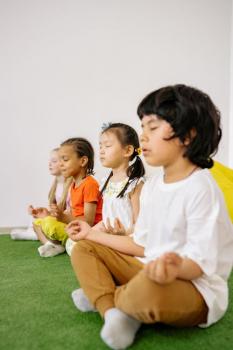
Case Study: Finland's Educational Approach
Finland's education system, consistently ranked among the world's best, demonstrates the power of a more balanced approach. Their schools:
- Emphasize play and exploration in early years rather than formal academics
- Integrate life skills throughout the curriculum
- Prioritize student well-being over test scores
- Give teachers autonomy to adapt to students' needs
This model produces students who perform well academically while also developing practical competencies and emotional resilience—proof that moving beyond pure "thinking" yields better outcomes.
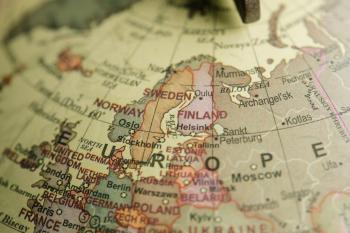
Practical Strategies for Balanced Learning
How can educators and parents create more well-rounded learning experiences?
Project-Based Learning
Engage students in complex, real-world projects that require research, collaboration, creativity, and presentation skills—mirroring professional work environments.
Social-Emotional Curriculum
Incorporate activities that develop self-awareness, relationship skills, and responsible decision-making alongside traditional subjects.
Experiential Opportunities
Provide internships, community service, and hands-on activities that connect classroom learning to practical application.
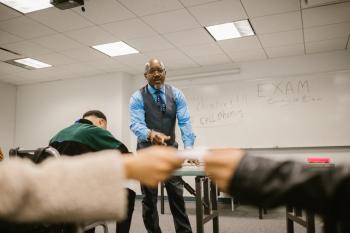
The Future of Education: Beyond Cognitive Skills
As automation handles more routine cognitive tasks, uniquely human qualities like creativity, adaptability, and emotional intelligence become increasingly valuable. The education systems that thrive will be those that:
- Balance analytical thinking with creative exploration
- Value emotional development as much as intellectual growth
- Prepare students for life, not just exams
- Foster curiosity and lifelong learning over rote memorization
This shift requires rethinking assessment methods, teacher training, and even school architecture to support diverse forms of learning and growth.

Conclusion: Education as Human Development
When we stop viewing education as merely the cultivation of thinking skills and start seeing it as the holistic development of human potential, everything changes. Students become more engaged, learning becomes more meaningful, and schools better prepare young people for the complexities of modern life. The challenge—and opportunity—lies in creating systems that nurture the full spectrum of human capabilities.
